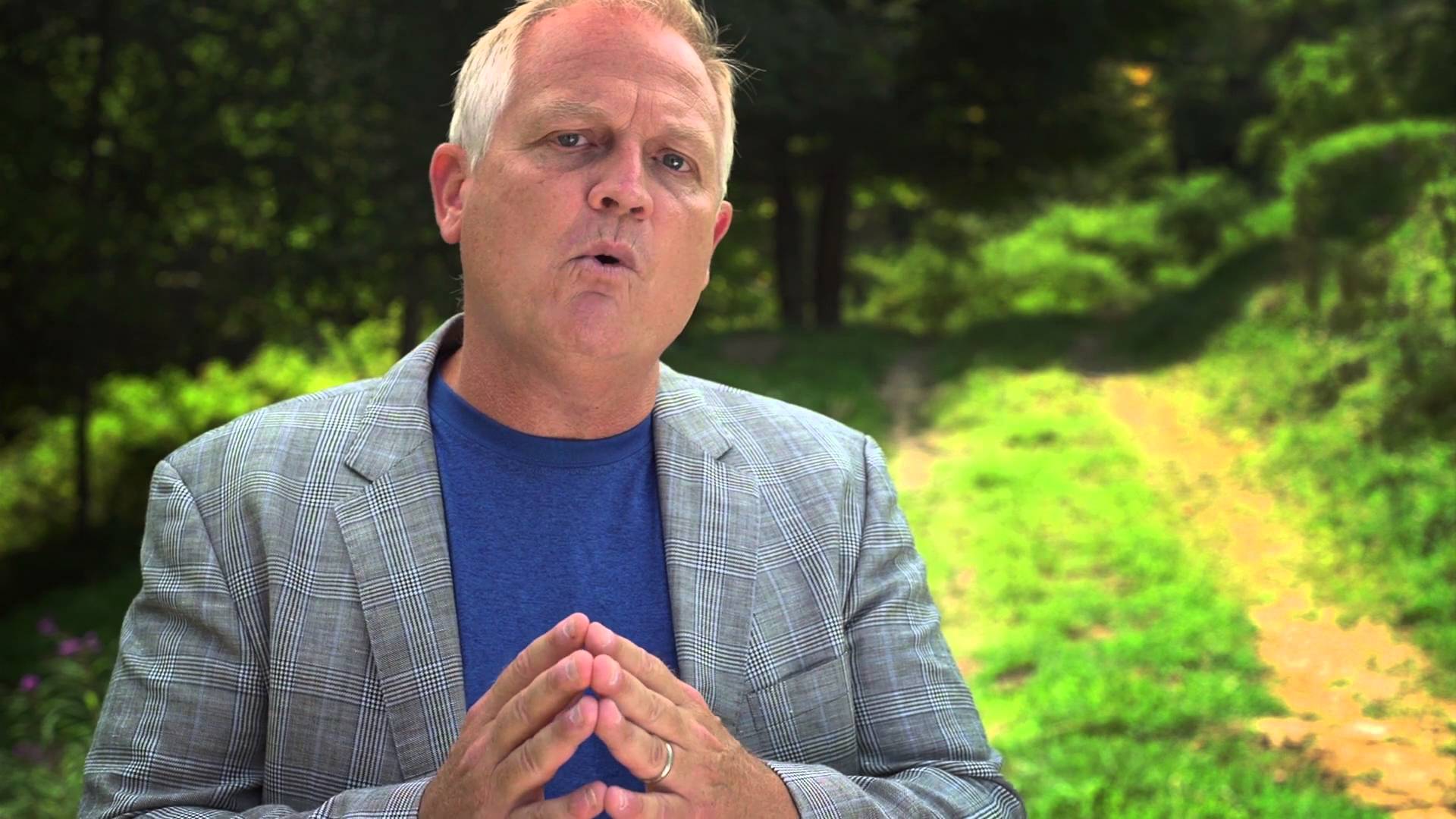Fear and excitement prompt the same neurological responses and are important when trying to build your confidence. Think for a moment about what happens to you physiologically when you are really, really afraid. Your heart races, your palms sweat, your breath gets faster and shorter, and your stomach teems with butterflies. Well, guess what? Those same physiological responses happen when you are going to have sex!
Fear and excitement are both high-arousal states. While there are almost no neurological and physiological differences, there is one critical distinction: you experience fear as displeasure, and you experience excitement as pleasure. It follows that you move toward situations that provide pleasure and you avoid situations that provoke displeasure.
What if you could learn to convert your feelings of fear into feelings of excitement? tweet this
It’s possible! By utilizing the idea of a protective frame, you can shift your focus from doing things to reduce fear to doing things that will build your confidence.
Learn more in this short video!
Want to learn more about how to build your confidence? Check out the related posts:
The Anatomy of a Butt Kick: Overcoming a Career Setback



